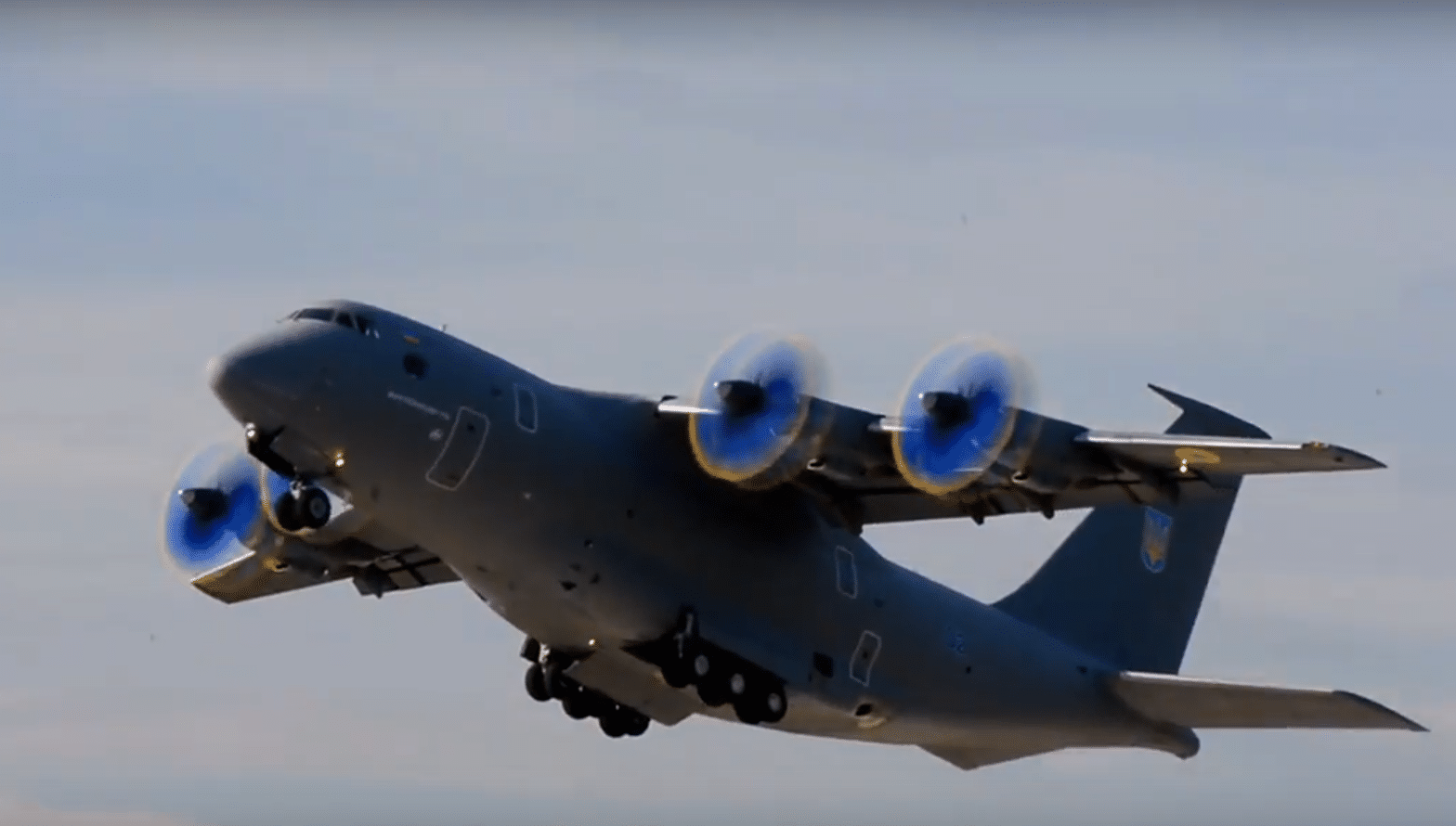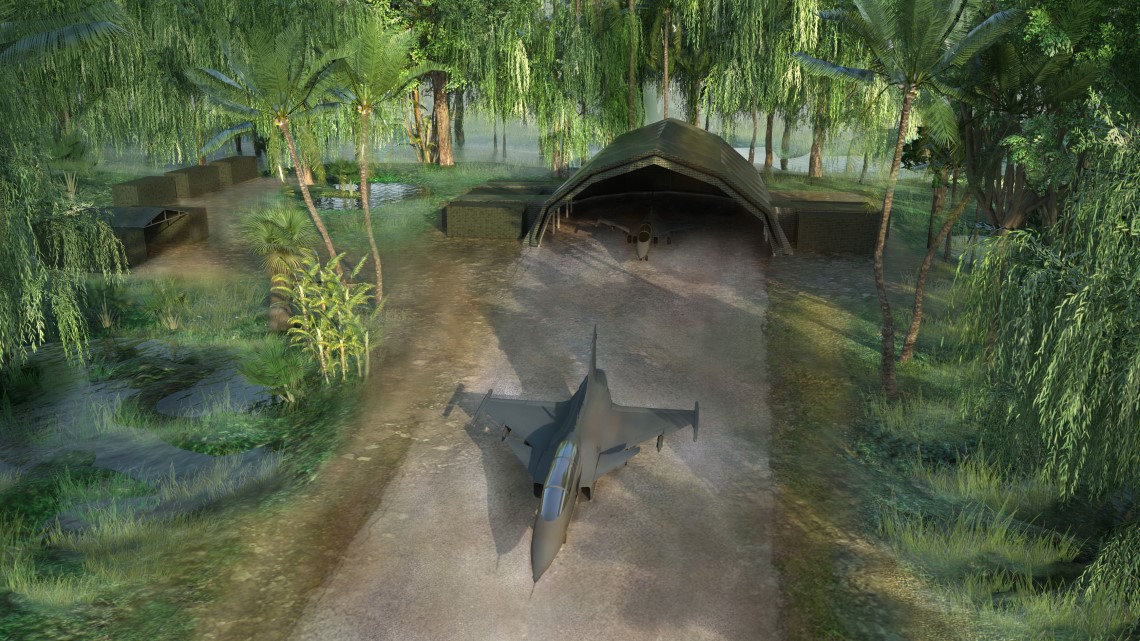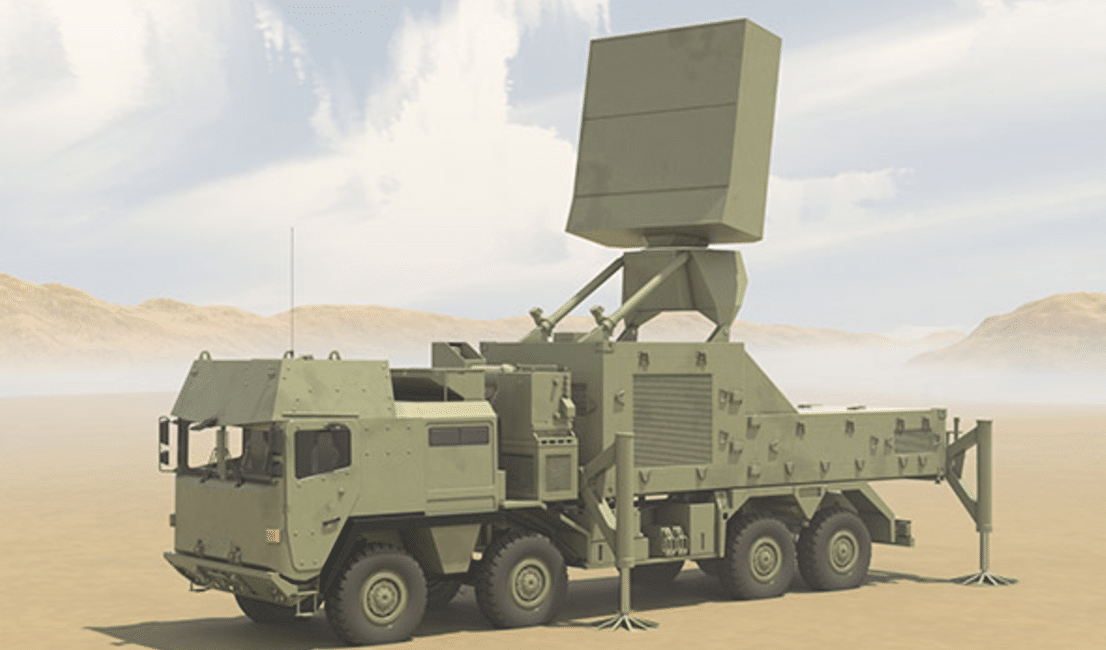2911Views 3Comments

Ukraine’s Antonov seeks US industry cooperation for An-70-based lifter
Ukrainian aircraft manufacturer Antonov announced that is seeking U.S. industry support for its proposed revival of the An-70 medium-lift transport aircraft, the An-77.
Building upon the success and growing promise of the An-132D, which Antonov is producing in partnership with Saudi Arabia’s Taqnia and King Abdulaziz City of Science and Industry (KACST), Antonov is proposing the development of an upgraded and NATO-standard variant of the shelved An-70.
With a payload capacity of 47 tons, Antonov is aiming to position the An-77 as a complementary solution between the C-130J (21 tons) and C-17 (76 tons), much like the Airbus Defence and Space (DS) A400M.
At the 2017 Paris Air Show, UkrOboronProm’s Director General Roman Romanov stated (via IHS Jane’s) that the Ukrainian Ministry of Defence will procure the An-70 as part of its tactical transport requirements. Romanov added that the An-70 was also drawing interest from several prospective overseas buyers.
Notes & Comments:
IHS Jane’s states that Antonov “has begun applying the learning experiences from the [An-132D] … in particular the replacement of Russian systems and components with Western ones …” for enhancing the competitiveness of its products and complying with “more widely established standards.”
Granted, while it can provide lift coverage comparable to that of the Airbus DS A400M, there are notable qualitative gaps. Applying the An-132D model, especially in the domain of electronics and subsystems, enable the An-77 to close those qualitative gaps.
For example, the An-70 does not appear to have Computed Air Release Point (CARP) software, which would enable it to determine an optimal release point for airdropped cargo. Besides CARP, the An-77 would also need Required Navigation Performance (RNP) and Required Area Navigation (RNAV), which are staples of modern Western military transport aircraft. Partnering with Rockwell Collins, which provides CARP, RNP and RNAV suites for the C-130J and Embraer KC-390, could interest Antonov.
It is not known if Antonov intends to carry over the Ivchenko Progress/Motor Sich D-27 propfan engine to the An-77. Intended for the An-70, the D-27 has not entered mass production, and it is not clear if the D-27 has matured to the extent of being cleared for widespread usage. The D-27 was envisaged as a next-generation platform with improved serviceability, lower life-cycle costs and higher performance attributes in comparison to older turbofan and turboprop engines used on older Russian and Ukrainian aircraft.
Another aspect of the An-132D model is the focus on controlling cost. While the An-132D has a substantial input of Western systems, such as the Pratt & Whitney Canada PW150 turboprop engine and Honeywell Primus Epic 2.0 avionics suite, Antonov and its Saudi partners Taqinia and KACST are working to keep the price competitive. The An-132D reportedly costs $30 million U.S. to acquire and has an operational flight cost of under $3,000 per hour.
Achieving cost competitiveness with a Westernized An-77 would infuse considerable promise in the An-77, especially in Latin America and Asia. It will also be interesting to see if Antonov enables the An-77 to serve as an in-flight refuelling tanker (like the A400M). This would position the An-77 as an adept strategic asset for logistics and auxiliary combat support.
For additional information Antonov’s aviation programs, see Quwa’s pieces on the An-132D and An-178.



3 Comments
by Matthys Jacobs
I can’t see this happening.
The process for making the AN-70 NATO compliant would be severely cost inhibitive.
Having Western systems in the Aircraft is definitely possible but bringing it into NATO standards is more than just adding Western Engines etc.
by Bilal Khan
I agree. Antonov would be better off trying to avoid as many complications as possible. There are some probably worth taking – e.g. avionics – but others such as NATO compliance is going to put the An-77 at severe risk from the onset. I’d rather Antonov focus on pushing a poor man’s A400M. Perhaps some revisions to the airframe by enlarging the wings or re-arranging the engines such that it becomes possible to fit Cobham or UPAZ refueling pods.
by ahmria
The thing is if Antonov in partnership with western firms actually developed it to be Nato compatabile it would make a very interesting rival to the A400M considering its engines are considerably more powerful than the ones installed on the A400M and that it can haul an extra 10 tons of payload more than the A400M. It might not have all the bells and whistles of the A400M but it still strikes me as an aircraft with real potential. Maybe an option for Pakistan to replace its old Hercules transports?